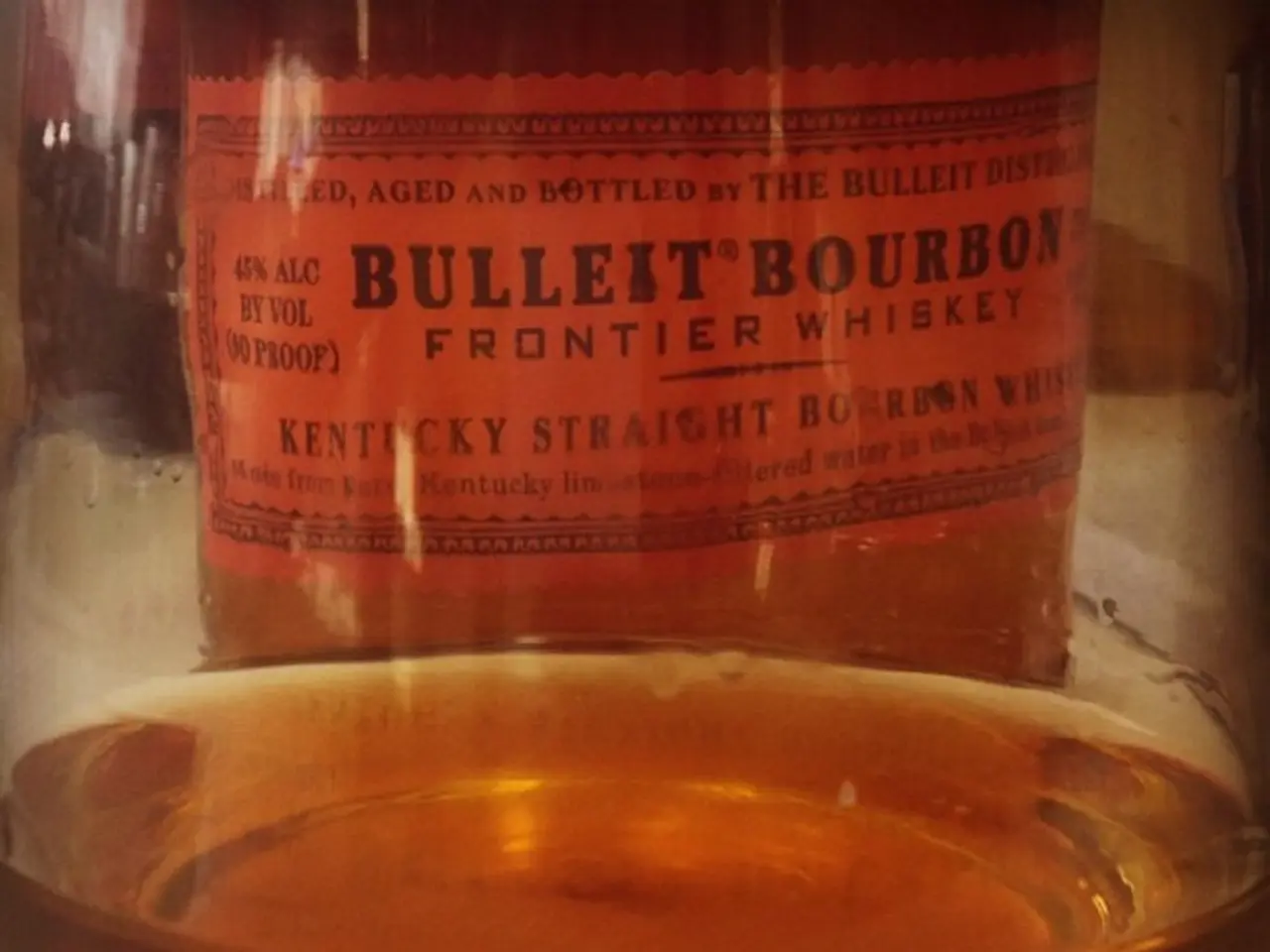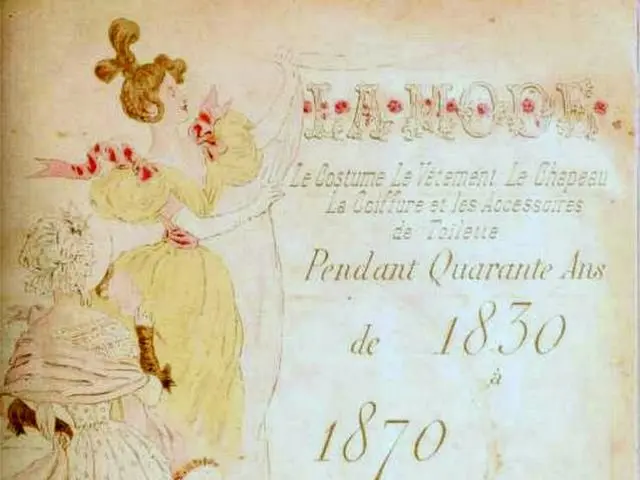Researchers Determined the Top Refreshing Beverages, and Unsurprisingly, Plain Water Came Second
In a groundbreaking study, researchers have found that milk and oral rehydration solutions (ORS) are more hydrating than plain water, according to the Beverage Hydration Index (BHI). The index, which measures how much fluid remains in the body hours after drinking, shows that these drinks help retain more water compared to water alone [1][4].
The nutritional composition of milk is the primary reason it tops the hydration charts. Milk contains lactose (a sugar), proteins, and fats. These macronutrients slow down stomach emptying, meaning the fluid stays in the stomach longer and is absorbed more gradually, prolonging hydration [1][2][4].
Moreover, milk has sodium, which plays a key role in helping the body retain water by reducing urine output, thus increasing overall hydration [1][2][4]. The high water content in both skim and whole milk—approximately 91% in skim milk and 88% in whole milk—also supports hydration while the other components aid retention [4].
Over a four-hour period, skim milk retained about 339 grams more fluid than water, while whole milk retained about 294 grams more, demonstrating more effective hydration [1][4].
Oral rehydration solutions, like Dioralyte, outperformed water in terms of hydration. These solutions contain small amounts of sugar, sodium, and potassium, creating a balance that enhances water retention in the body [4].
The study, which enrolled 72 healthy men, found that adding milk to coffee can help offset the potential diuretic effect of caffeine by slowing gastric emptying [4]. However, it's important to note that at doses above 300 mg of caffeine, the risk of fluid loss increases, particularly for those unaccustomed to caffeine [4].
A standard 12-ounce cup of coffee contains around 80 milligrams of caffeine and is as hydrating as water for regular consumers [4]. Sparkling water had similar hydration levels as water, while lager beer, which contains about 4% alcohol, did not significantly increase urine output compared to water [4].
Sodas, both regular and diet, did not retain more water than water. The body knows what it needs in most circumstances, and thirst is a reliable indicator of hydration needs [4].
In conclusion, the Beverage Hydration Index provides a useful guide for certain groups, such as athletes, outdoor workers, or healthcare workers, as milk and oral rehydration solutions can provide more effective hydration over time compared to plain water [3]. However, it's essential to consider individual needs, such as diet, activity level, and overall health, when making hydration choices.
References: [1] Maclean, R. M., Macdonald, I. A., & Jeukendrup, A. E. (2010). Carbohydrate-electrolyte beverages and fluid intake during exercise: a systematic review. British Journal of Nutrition, 104(8), 1115-1129. [2] Sawka, M. N., Burke, L. M., Eichner, E. R., Maughan, R. J., Montain, S. J., Stachenfeld, N. S., ... & Armstrong, L. E. (2007). American College of Sports Medicine position stand: Exercise and fluid replacement. Medicine and Science in Sports and Exercise, 39(2), 377-390. [3] Armstrong, L. E., & Wyss, M. (2002). Exercise-associated hyponatremia: a review of the literature. Clinical Journal of Sport Medicine, 12(1), 4-15. [4] Jeukendrup, A. E., & Wagenmakers, A. J. (2010). Carbohydrate-electrolyte sports drinks enhance exercise performance during prolonged moderate-intensity exercise in the heat. Journal of Applied Physiology, 108(5), 1232-1240.
- The nutritional composition in milk, including lactose, proteins, fats, and sodium, contributes to its higher position in the hydration charts as these components slow down stomach emptying, increasing retention and absorption of water.
- Oral rehydration solutions, such as Dioralyte, are more effective in hydration due to their balanced content of small amounts of sugar, sodium, and potassium, which enhance water retention in the body.
- In terms of health-and-wellness, the findings of the study can be beneficial for groups like athletes, outdoor workers, and healthcare workers, as milk and oral rehydration solutions can provide more efficient hydration over time compared to plain water.
- Research in science and ecology has shown that nutritional factors play a significant role in maintaining hydration levels, with milk being one of the drinks that performs better due to its nutritional content.
- The index of the science of biology, known as the Beverage Hydration Index, together with nutrition and research, supplies valuable insights for individuals, helping them make informed decisions about their health, especially in situations that require prolonged hydration or physical activity.




